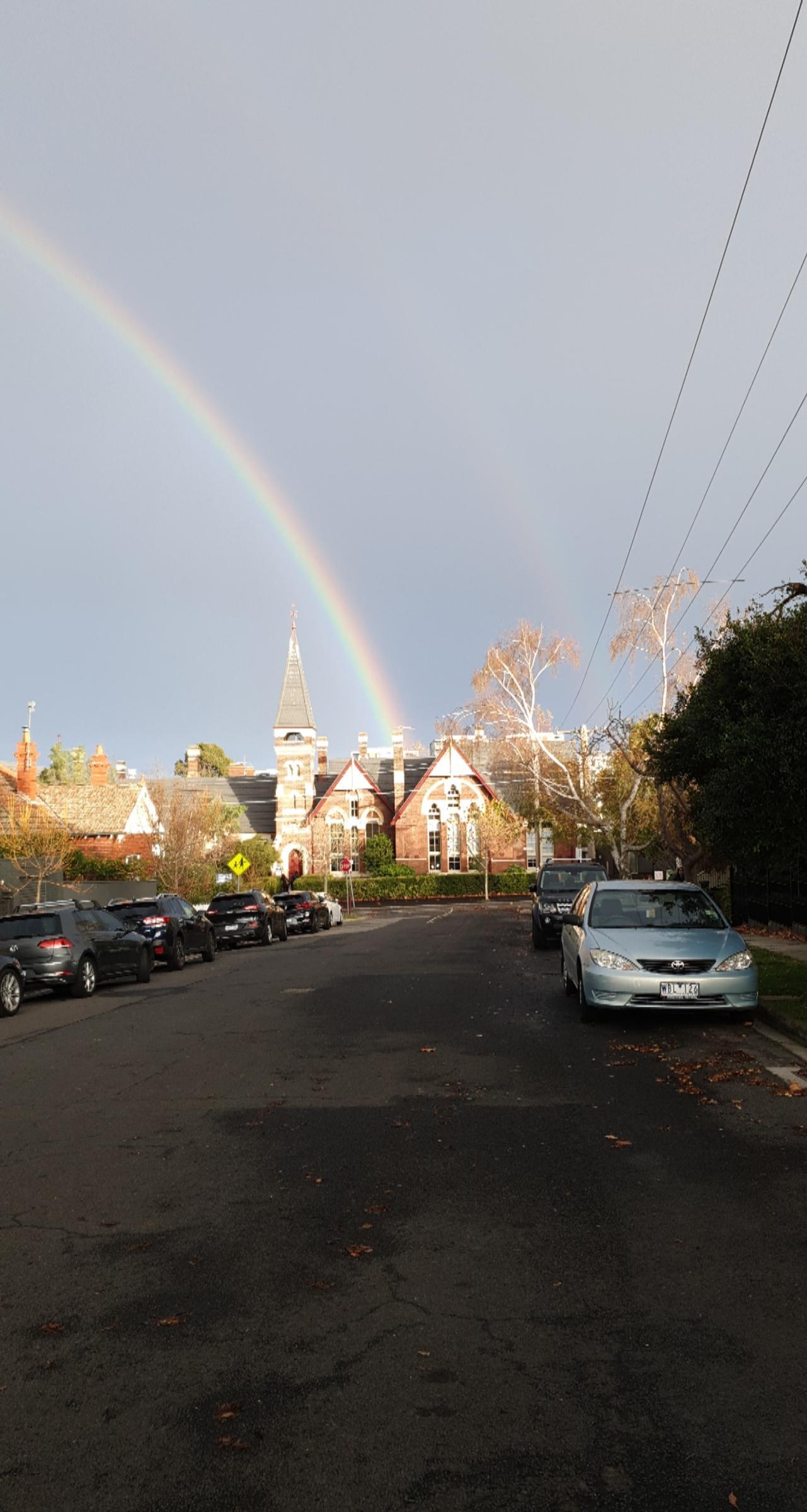Principal's News

Investigations and ERPS ( Education Research Projects) at APS.
Today our bulletin focuses on the Personalised Learning afforded to all children at Armadale through Investigations ( P- 2) and ERP’s ( 3-6).
The majority of parents have a certain expectation about what school should look like, feel like and be like; however, sometimes when a parent brings their child to school or the first time, the learning spaces look different from what they experienced themselves as children. At first, this can be disconcerting; every parent has been to school and many parents assume that school will be the same as it was when they went to school. In some respects, the teaching of literacy and numeracy is still the same - including formal instruction in the key skills being taught every day. In addition to whole group instruction, small groups, individual extension and intervention are also provided, ensuring that all children are catered for more personally.
The wonderful aspect of education in the 21st century is that in addition to literacy and numeracy still being taught and instructed, a broader range of other skills are also taught. These are often referred to as the skills of life: children growing up now need a variety of skills or learning dispositions to be successful learners today.
These include:
- Decision making
- Resilience
- Problem solving
- Learning how to learn
- Intrinsically motivated
- Responsible citizens of the future
- Effective communicators
- Assertive and respectful
- Creative and lateral thinkers
- Researchers
- Able to transfer skills into new ideas and events not experienced before
Learning environments in all schools should provide a balance between "explicit teaching" in the formal instruction of key curriculum areas including sciences, history, the arts, physical education, literacy, numeracy balanced with "explicit teaching" during active engagement where children are trying things out, working alongside others, having to work collaboratively, problem solve and create.
This balance between formal instruction and active engagement provides
practice for children to have the best of both worlds. Children don't know what they don't know. So as teachers, we provide the instruction and curriculum content that helps them to grow in their knowledge and skills.
Children also bring to their learning, lots of experiences, knowledge and skills that they already know. Children need to be given the opportunity to bring who and what they know and for us to balance this with what we need them to learn. Importantly this needs to be done in a way that helps them to explore, to experiment and to work alongside others. This is what prepares them for the real world.
In Personalised learning, we don't stop teaching the fundamentals which are
the foundation of literacy and numeracy, we simply add more of the essential
skills of life that all of us need as we live and grow and work in today's society.
Sometimes parents of children in Prep - Year 2 who participate in Investigations initially say; "They are just playing!" They are not just playing. There is not enough hours in the day to justify "just playing" in school. That is why parents need to understand a little about the importance of and how Investigations teaches life skills as well as oral language, socialisation and a whole host of other skills while developing their numeracy and literacy skills.
Sometimes parents of children in Years 3-6 think that personalised learning is a curriculum where children can do whatever they want. Nothing could be further from the truth. In fact, true personalised learning is highly systemised and structured. In Years 3-6 the students are often sitting with their teacher who is instructing and teaching. At other times, students are working on projects for example in History or Economics or Health or investigating areas of learning provided by the teacher. They may be challenged to link their own interests and experiences to the skills and concepts being taught so that learning is viewed as relevant and meaningful to the student.
Enjoy reading and experiencing what the children are offered at all levels at Armadale as you read in this bulletin about the Investigations and ERP’s in your child’s class.
Next week we will share the wrap up of our fabulous 140th Birthday in the newsletter and thank you to everyone who has sent through all the glowing feedback!
EDUCATIONAL RESEARCH PROJECT SESSIONS AT APS
Personalised learning is achieved through Education Research Projects (ERP). ERP’s link directly to what students are learning in class. The students choose a project following conferences held with the teacher and then complete a project proposal which sets out timelines, interests and specific goals the student is working towards, and how they will present their project. The project aims to authentically integrate the curriculum where subject areas are contextualised and personalised for each student.
- 3 sessions of 60 mins each are provided each week - timetabled into the planning
- Proposals, contracts and timelines are developed by the student with the teacher within first few sessions of an ERP.
- Teacher scaffolds other information, skills or requirements for the session as well as clinic groups.
- Once researching begins, students work on the ERPs and focus students conduct student –led conferences with their teacher of about 5-10 minutes (usually 2/3 students per session)
Rochelle Cukier and Connie Apostolos
Principal's
